Taliban release American and Australian academics following swap deal
Taliban release American and Australian academics following swap deal
It is hoped that the prisoner and hostage swap could lead to renewed cooperation between the Taliban and Afghan government.
2 min read
The two westerners were released on Tuesday [Twitter]
The Taliban released two western university lecturers, held hostage for three years, on Tuesday, as part of a prisoner swap with a number of high-ranking commanders from the Afghan Islamist movement.
American Kevin King and Australian Timothy Weeks were abducted in Kabul in 2016 by Taliban militants dressed in Afghan military uniforms.
They appeared on video later this year looking tired and dishevelled.
On Tuesday, it was announced that they had been freed by the Taliban, in a swap for three Taliban-linked figures.
"We are profoundly pleased and relieved," Australian Prime Minister Scott Morrison said in a statement.
The two men were freed at around 10am and flown out of Pakistan in American helicopters, according to a local police source.
Anas Haqqani, a senior figure in the notorious Haqqani network, was expected to be released as part of the deal, as well as two Taliban commanders.
The Taliban prisoners released in Qatar on the same day, a tweet from the Taliban spokesman in the Gulf state Suhail Shaheen said, according to AFP.
The Taliban's main spokesman, Zabihullah Mujahid, confirmed that the transfer of the Taliban prisoners "is complete, and they have arrived where they were supposed to come".
Their earlier release was postponed last week after the Taliban prisoners as part of the swap deal did not arrive in Doha. The insurgents moved the western hostages to a new location in response to the apparent snub.
It is hoped that the prisoner swap will eventually lead to talks between the Taliban and Kabul government, which the Afghan insurgent group view as an American puppet administration.
The Taliban and Washington have been locked in a near-two decade war after the Americans launched an invasion of Afghanistan in 2001, which was then ruled by the Islamist movement and was hosting Al-Qaeda leader Osama bin Laden.
The Taliban launched a bloody insurgency against the NATO-led international force, which has led to the death of tens thousands of foreign soldiers, government security forces and civilians.
The joint statement from Morrison and Australian foreign secretary Marise Payne called it a "confidence-building" measure" they hoped would "set the stage for a ceasefire and intra-Afghan dialogue".
Mujahid said the swap was "a step forward in good-will and confidence-building measures that can aid the peace process".
American Kevin King and Australian Timothy Weeks were abducted in Kabul in 2016 by Taliban militants dressed in Afghan military uniforms.
They appeared on video later this year looking tired and dishevelled.
On Tuesday, it was announced that they had been freed by the Taliban, in a swap for three Taliban-linked figures.
"We are profoundly pleased and relieved," Australian Prime Minister Scott Morrison said in a statement.
The two men were freed at around 10am and flown out of Pakistan in American helicopters, according to a local police source.
Anas Haqqani, a senior figure in the notorious Haqqani network, was expected to be released as part of the deal, as well as two Taliban commanders.
The Taliban prisoners released in Qatar on the same day, a tweet from the Taliban spokesman in the Gulf state Suhail Shaheen said, according to AFP.
The Taliban's main spokesman, Zabihullah Mujahid, confirmed that the transfer of the Taliban prisoners "is complete, and they have arrived where they were supposed to come".
Their earlier release was postponed last week after the Taliban prisoners as part of the swap deal did not arrive in Doha. The insurgents moved the western hostages to a new location in response to the apparent snub.
It is hoped that the prisoner swap will eventually lead to talks between the Taliban and Kabul government, which the Afghan insurgent group view as an American puppet administration.
|
|
The Taliban and Washington have been locked in a near-two decade war after the Americans launched an invasion of Afghanistan in 2001, which was then ruled by the Islamist movement and was hosting Al-Qaeda leader Osama bin Laden.
The Taliban launched a bloody insurgency against the NATO-led international force, which has led to the death of tens thousands of foreign soldiers, government security forces and civilians.
The joint statement from Morrison and Australian foreign secretary Marise Payne called it a "confidence-building" measure" they hoped would "set the stage for a ceasefire and intra-Afghan dialogue".
Mujahid said the swap was "a step forward in good-will and confidence-building measures that can aid the peace process".
Agencies contributed to this story.
Follow us on Twitter and Instagram to stay connected

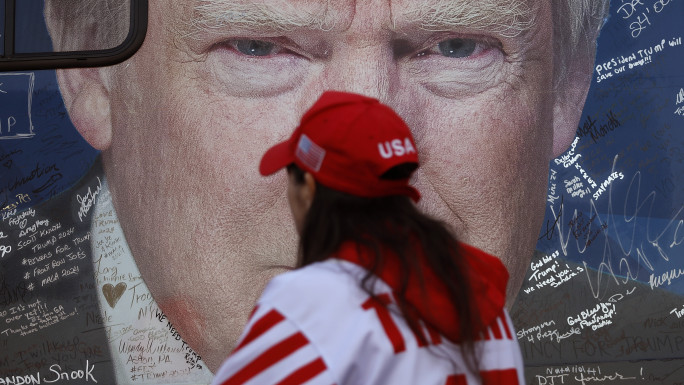
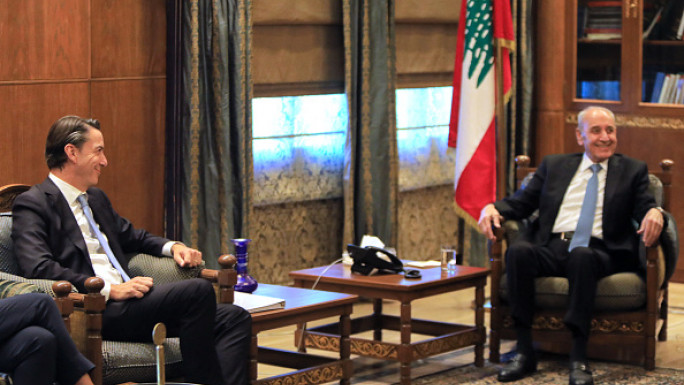
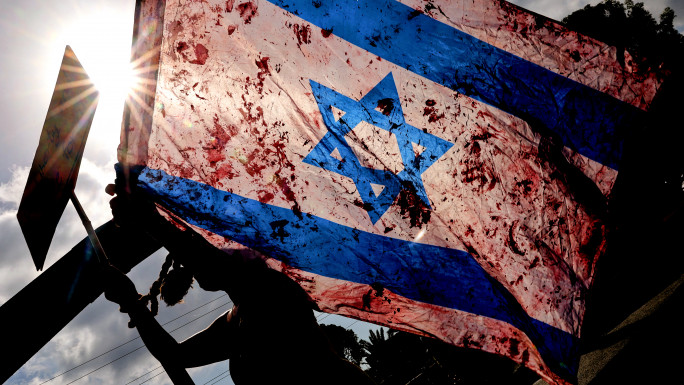
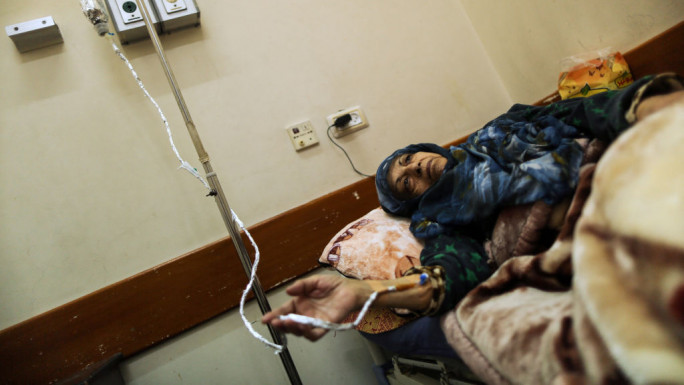
 Follow the Middle East's top stories in English at The New Arab on Google News
Follow the Middle East's top stories in English at The New Arab on Google News

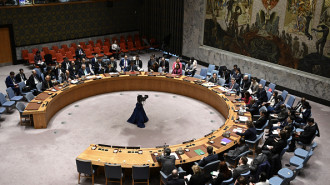
![John Thune [Getty]](/sites/default/files/styles/image_330x185/public/2066760536.jpeg?h=a5f2f23a&itok=DQxzSizV)